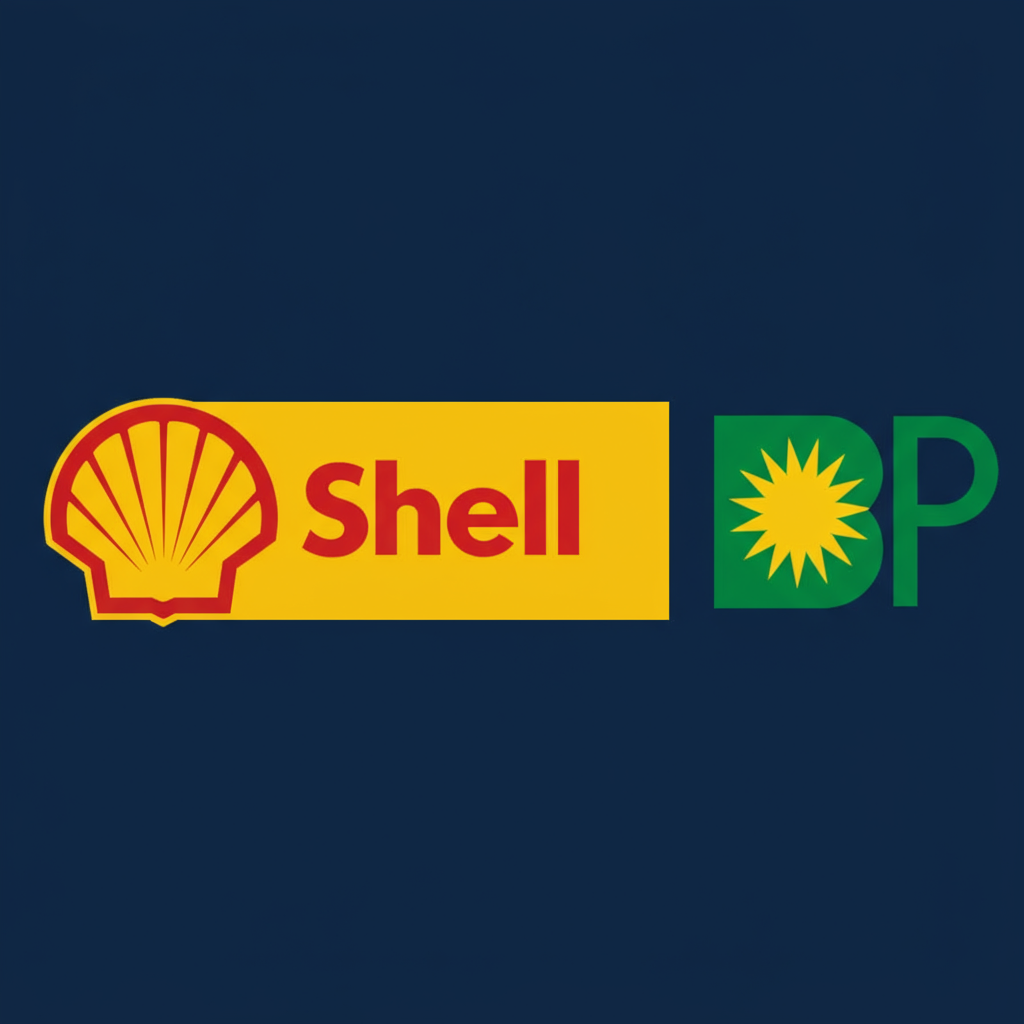Shell has definitively shut down market speculation, stating it has “no intention” of making an offer to buy rival energy company BP. The announcement, made under the UK’s Takeover Code, formalises Shell’s stance and imposes a significant restriction on future bids.
Rumors of a potential £60 billion takeover bid by Shell for BP had been swirling, fueled by recent media reports suggesting early talks between the two giants. Such a deal would have created a combined UK oil supermajor with a market value potentially exceeding £200 billion.
Official Stance and Regulatory Restrictions
In a formal statement to the markets, Shell explicitly denied the reports, stating it “has not been actively considering making an offer for BP” and that “no talks have taken place with, BP with regard to a possible offer.”
Crucially, Shell made this statement under Rule 2.8 of the UK’s Takeover Code. This specific rule governs mergers and takeovers of listed companies and means Shell is now legally restricted from making a formal offer to buy BP for at least the next six months. Specifically, Shell cannot make an offer for more than 30% of BP’s shares during this period.
However, Shell’s statement included standard reservations. The restriction could be lifted if another company bids for BP, if BP’s board agrees to an offer, if BP requests a waiver of the rule, or in the event of a material change in circumstances.
Why the Speculation Arose
The speculation largely stemmed from a Wall Street Journal report claiming representatives were engaged in active discussions. This report emerged amidst a backdrop of contrasting financial performance between the two companies.
Shell has recently reported better-than-expected profits, driven by its focus on growing its core oil and gas business. This contrasts sharply with BP’s recent struggles, positioning it as a potential takeover target in the eyes of market analysts.
BP’s Recent Challenges
BP has faced significant headwinds, leading to a notable decline in its market valuation. The company has lost almost a third of its value in the past year and is currently worth approximately £58 billion.
This underperformance is attributed to several factors:
Strategic Missteps: A perceived botched attempt to transition into a net-zero energy company under former leadership failed to convince investors and backfired when energy prices surged.
Leadership Instability: The company has experienced boardroom turmoil, including the ousting of its former chief executive and the planned departure of its chair.
- Investor Pressure: Activist hedge fund Elliott Management has taken a stake and is pushing for a strategic overhaul to address the falling share price and improve performance relative to peers like Shell and ExxonMobil.
- www.theguardian.com
- www.euronews.com
- splash247.com
- www.inkl.com
- www.theguardian.com
Under current CEO Murray Auchincloss, BP has announced a strategic pivot, intending to increase spending on oil and gas production by around 20% while cutting investment in renewable energy projects by roughly 70%. This move aims to boost financial standing but has drawn criticism from environmental groups and has yet to fully appease investors.
Shell’s Strategic Focus
Shell’s chief executive, Wael Sawan, has previously indicated the company’s preference for returning capital to shareholders through buybacks rather than pursuing large-scale acquisitions like a BP takeover.
Shell’s stated strategy remains focused on “delivering more value with less emissions through performance, discipline and simplification.” This emphasis suggests the company’s current priority is internal operational improvement and shareholder returns, rather than major M&A activity involving a direct rival.
While rumors of a Shell-BP combination have surfaced periodically over decades, Shell’s formal denial under the Takeover Code, combined with the regulatory restriction now in place, puts an end to the immediate prospect of a £60 billion bid for the foreseeable future.



